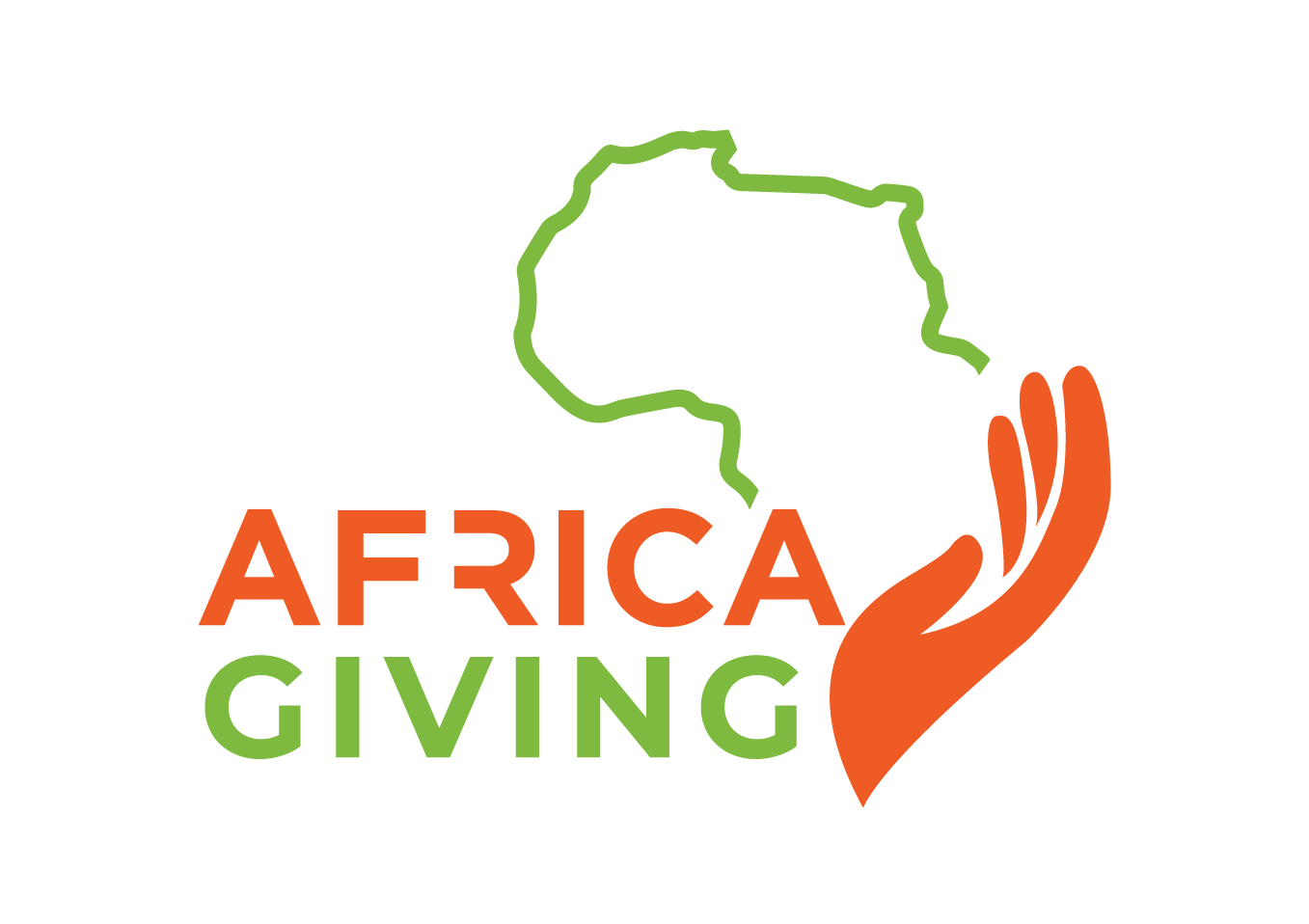Community Foundation for the Western Region of Zimbabwe

Key Data
Annual Budget
Not specified
Staff size
8
Phone Number
+263 773 607 200
Organisational Information
Number of board members
5
Fundraising Initiatives
IMPACT STATEMENT CFWRZ is an independent local resource foundation that promotes community development through local resource mobilization, capacity development and community philanthropy in Matabeleland North, South, Bulawayo and Midlands provinces of Zimbabwe. We believe that for any meaningful development to take place, participation of the poor and marginalized especially women and children is very important, thereby creating balance of power in the society. CFWRZ promotes community led development where communities drive their development agenda and harness local resources. Tshitshi – Nguwanyana Piped Water Schemes. The Tshitshi and Nguwanyana wards piped water schemes serve as an example of our work. Through ukuQogelela, the communities with the help of the diaspora managed to initiate and put up piped water schemes for over 1000 households in Mangwe district through ukuQogelela concept. A community fund called Qogelela that is valued at USD40 000 has been created by 30 villages in 8 wards of Bulilima and Mangwe districts namely: Nguwanyana, Tshitshi, Izimnyama Small Scale, Embakwe, Empandeni, Gwambe, Ndiweni, and Nyele. Women Socio-Economic Empowerment Project The Community Foundation for the Western Region of Zimbabwe also implemented a women socio- economic and political empowerment programme using the Self Help Group (SHG)Approach. This approach involves mobilization of women into small groups of between 15 to 20 members for socio- economic emancipation. Women come together every week to save agreed amounts of funds in order to create a group fund. It is from this group fund that they get loans for household use and for establishing businesses. Profits generated from the individual businesses are used for the benefit of the household like buying food stuffs, payment of school fees medication and procurement of household assets. Social discussions are done to strengthen social capital. A total of 167 Self Help Groups were established reaching out to a total of 2402 women and a total of USD 30 000 in circulation. A total of 6693 children in SHG women households were direct beneficiaries of this project. Community involvement in improving the quality of education had a lot of impact in the education system in the 3 provinces. This project involved capacity building of School Development Committees and teachers in creating conducive learning environments. In this project over 20 classroom blocks , textbooks, stationery and furniture for 20 schools and play equipment for Early Childhood development classes was procured. A total of 10 000 children benefitted from this intervention. Home-Based Orphan Care Programme CFWRZ spearheaded and integrated the child development programme into the existing Home Based Orphan Care Programme in the nine rural communities of Matabeleland North, Matabeleland South and Midlands provinces with its partner organisations, Bekezela Home Based Care Trust, Umzingwane Aids Network (UAN), Rural Widows and Orphans Assistance of Zimbabwe (RUWOAOZ), Asizameni Orphan Care Trust, Lumene Orphan Care Trust, Mpumelelo Orphan Care Trust, Mathabiswana Orphan Care Trust, Ntabazinduna Orphan Care Trust and Zhombe Home Based Orphan Care Trust. 15 000 vulnerable children were out through education support, Health and nutrition support, birth registration, psychosocial support and Early Childhood Development.
